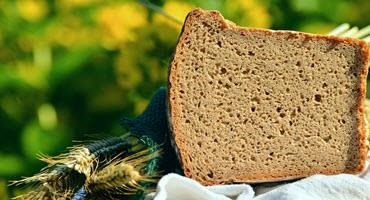By Jean-Paul McDonald
Farms.com
Here is a look at how the carbon tax impacts a simple loaf of bread.
The journey of a loaf of bread begins with the farmer earning about $0.18 from 550 grams of wheat, according to the Manitoba PCs. However, this modest profit comes after facing multiple instances where carbon tax affects the cost of production.
For instance, the journey to buy certified wheat seed incurs carbon tax on fuel and heating for the retailer’s office. Similarly, purchasing fertilizer to grow the crop involves carbon tax on truck fuel and the fertilizer manufacturing process.
During planting, carbon tax on seeding equipment adds to the expense. As the crop emerges, battling weeds with chemical products leads to further carbon tax costs, including on fuel for trucks and sprayers.

The battle doesn't end there. Disease prevention using fungicides again entails carbon tax on various levels. Come harvest, the combine and trucks used to transport the grain are subject to carbon tax on their fuel.
The challenges continue even after harvest. Wheat with higher moisture content must be dried, incurring carbon tax on the fuel used for grain dryers. These instances of carbon taxation occur just for growing the crop. Additional steps in processing wheat into flour and bread involve more carbon tax payments.
This scenario illustrates the layered financial burden that carbon tax places on Manitoba farmers. It raises questions about the effectiveness of current policies in supporting agricultural productivity while balancing environmental goals.